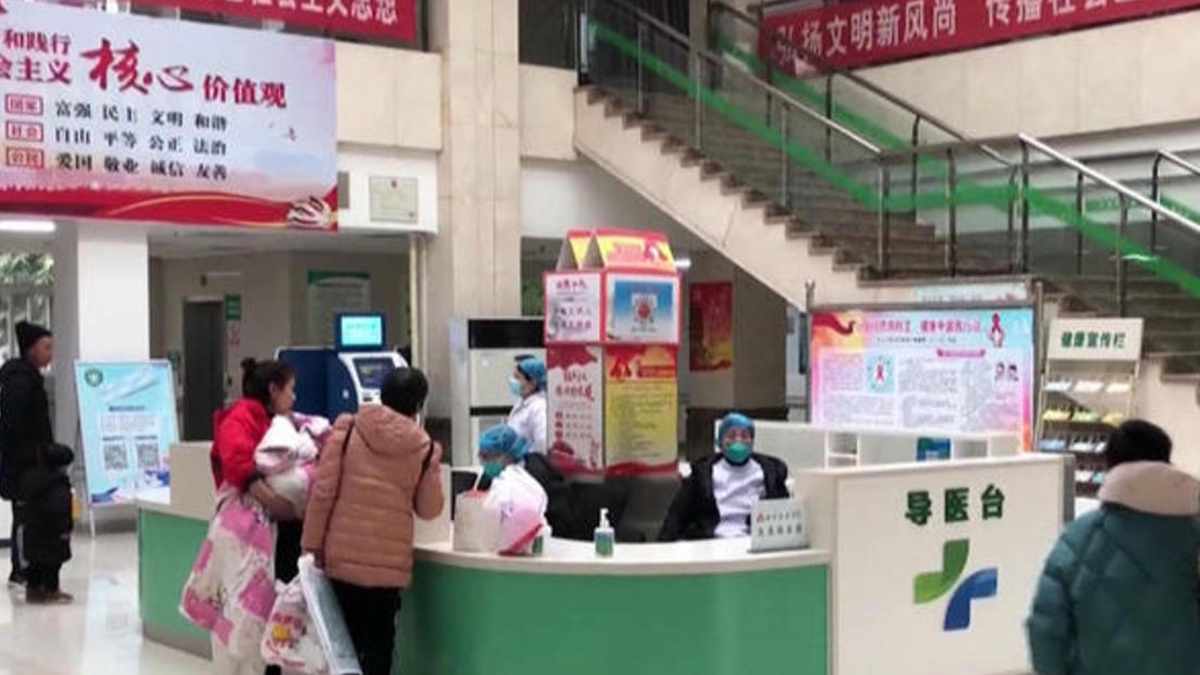
Millions Drop Out of China’s State Health Insurance Program Amid Rising Premiums and Reduced Benefits

China is witnessing a significant exodus from its state-subsidized basic health insurance program, with millions of citizens opting out in 2022, raising concerns about the sustainability and accessibility of the nation’s healthcare system.
Shu Min, a resident of Nanjing, voiced her apprehension, citing the strain on public hospitals and the escalating co-pays imposed on patients. According to Shu Min, hospitals are reportedly prioritizing financial gains by categorizing patients strategically, with some recommending treatment for more lucrative conditions to maximize insurance claims.
Shu Min’s personal experience highlighted disparities in coverage, with health insurance paying more for Alzheimer’s treatment than rehabilitation. Additionally, rising co-pay amounts and reduced coverage for medications and therapies have added to the financial burden on families seeking medical care.
In 2022, the National Healthcare Security Administration reported a drop of 17.05 million people enrolled in state-subsidized basic health insurance compared to the previous year, bringing the total down to 1.34 billion enrollees. The decline has sparked discussions on various platforms, including Weibo, where a thread titled “20 million people dropping out of health insurance” prompted heated debates.
Wang Chaoqun, an associate professor at Central China Normal University, attributes the decline to factors such as rising premiums, reduced benefits, improved health among middle-aged residents, and the failure of the insurance plan to adequately address major illnesses.
Dong Siqi, director of the International Affairs Department at Taiwan Thinktank, expressed concerns over the rising cost of health insurance in China, pointing out that it has surged 38 times in the past 20 years, far outpacing the 24% increase in average income for migrant workers. Dong suggests that the withdrawal from the insurance scheme reflects a growing distrust in the social security system.
The COVID-19 pandemic has further strained the system, as businesses grapple with financial challenges, making it difficult to contribute to health insurance for their employees. Local governments, facing financial downturns, are also finding it challenging to provide adequate healthcare coverage, leading to higher out-of-pocket payments for individuals.
Yang Lixiong, a professor at Renmin University, highlighted the disproportionate burden on rural families, noting the rapid growth of medical insurance premiums compared to the slow increase in income for farmers.
As concerns mount over the diminishing confidence in the health insurance system, experts are calling for a comprehensive review and reforms to ensure the affordability and inclusivity of healthcare services for all citizens.














Comments